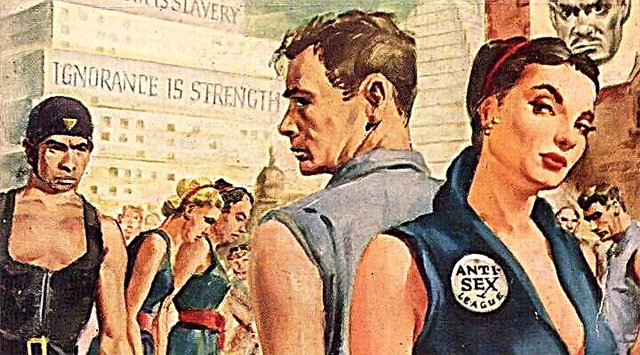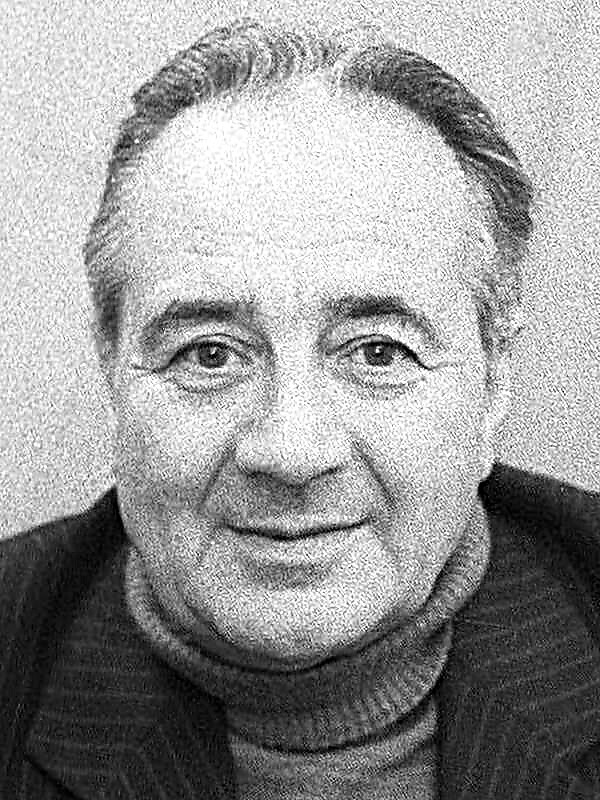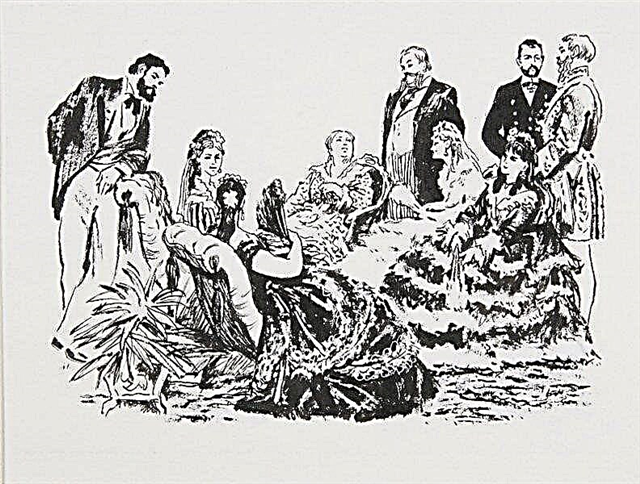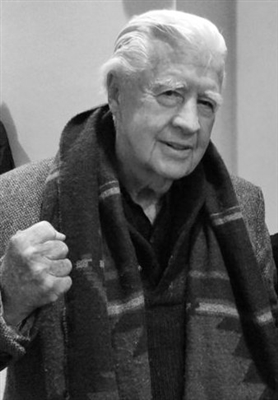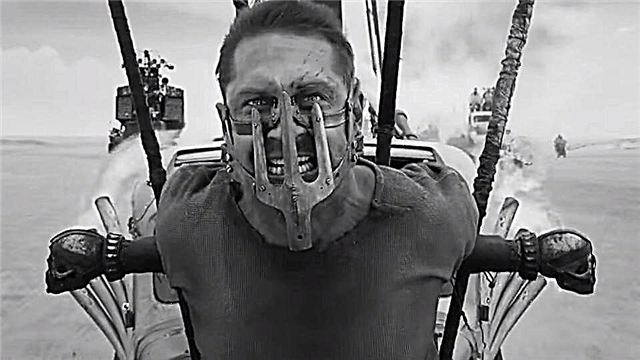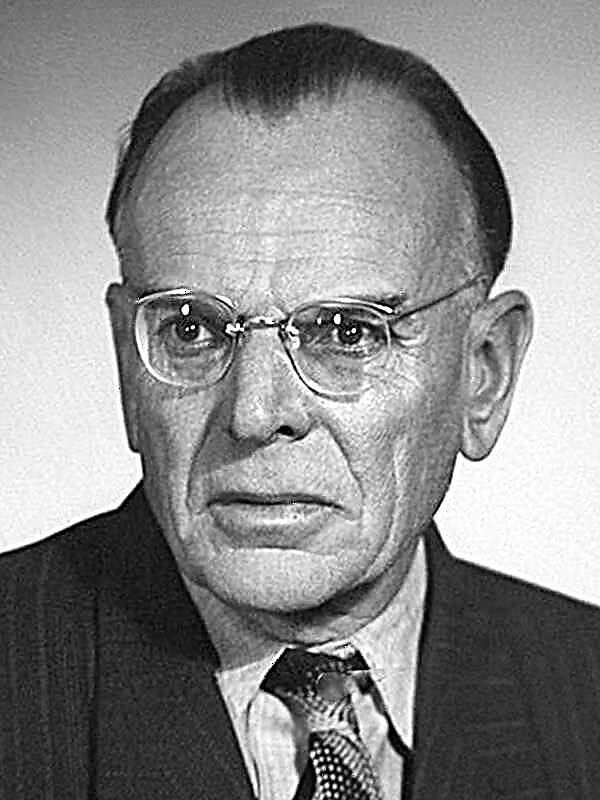The all-knowing Literagur invites you to familiarize yourself with the summary of N. Leskov’s short story “The Man on the Watch”. This short retelling will introduce you to the heroes of the book and tell you about a fascinating plot that keeps you on its toes to the last line.
Chapter 1
In it, the narrator or author speaks about the authenticity of the events of the thirties of the nineteenth century.
Chapter 2
The year 1839 turned out to be unusually warm for Petersburg. There was almost no snow, the weather was warm, almost spring. During this abnormal period, the guard of the Winter Palace was commanded by one young but very talented officer Nikolai Ivanovich Miller. He was famous for being humane in military service and sparing the soldiers.
And then one day at the post, during the guard, when Miller was on duty, there is one very interesting sale.
Chapter 3
It is worth noting that the young officer Miller was a big fan of reading and spends a lot of time reading books. But here a strange thing happens - in the second hour of the night a very frightened adjustable non-commissioned officer comes to him with the message that something terrible has happened.
Chapter 4
Sentinel Postnikov, who stood at his post on the Neva embankment, heard a cry for help - apparently, a man was drowning. For a long time he ordered himself not to react - he was forbidden to leave the post. Postnikov hoped that soon someone else would hear these cries and the situation would be resolved. But the screams continued, moreover, they either stopped, or grew with new strength, closer and closer to Postnikov. The sentry had already begun to hear the splashing of water and distinguish the silhouette, but still did not dare to rush to help, doubts ripped him apart.
Finally, about half an hour passed and the sentinels' nerves could not stand it. He broke from his post and rushed to the aid of a drowning man.
Chapter 5
Postnikov pulled a man to the embankment, he was in shock. Then one of the officers of the court wheelchair team drove past them by accident and became interested in what had happened. He takes the injured person to the Admiralty House, where he tells everyone that he saved this poor fellow himself, hoping to get a medal and praise, but does not take into account one nuance - his clothes are completely dry. This is perplexing. The saved himself is so shocked that he does not remember who really saved him.
Chapter 6
Postnikov is to Miller, where he talks about the case of a drowning man. The sentry and his commander are well aware that they will at least be judged for the abandoned post of Postnikov. But Miller hopes for the personal intervention of the sovereign in such a thing and wants to avoid punishment. For the abandoned post, all the guards of the guard service could be punished.
Miller sends a note to his acquaintance, battalion commander Lt. Col. Svinin. It was necessary to act very quickly, because the time was already about three hours.
Chapter 7
But Miller did not take into account the strict nature of Svinin. He would be strict, disciplined and inexorable, severely punishing those who were guilty in the service. It became clear to everyone that sentinel Postnikov would fly in on all counts. Nobody wanted to risk their careers, and the case was quite serious and required proceedings.
Officer Svinyin realized that some of his enemies could easily seize this opportunity and harm him.
Chapter 8
First of all, Svinin went to the guardhouse of the Winter Palace, after having sent sentry Postnikov to the punishment cell at the barracks. At first, Svinin wanted to keep silent and not tell the emperor about this incident, because, according to official rules, saving a drowning man is not a good reason to leave the post.
Svinin was still thinking about what to do, he even wanted to rush personally to the prince at the feet of the guilty and frankly confess everything. He knew the character of the sovereign and understood that he would shout at first, but then he would calm down and forgive him. But then another option came to mind of the officer.
Chapter 9
He came up with this: to go visit his acquaintance, Chief Police Officer Kokoshin. He was known for being able to skillfully and effortlessly cover up any misconduct of his colleagues, if he liked them, or it would be easier to say, they were funny for him. He favored practical jokes and humor, and believed that the real art lies in the ability to laugh at oneself in the right situation. Meanwhile, the clock went to five in the morning.
Chapter 10
Svinin comes to the general and sets out everything to him. It seems to him that Kokoshin already knows everything in advance, but in reality this is not so. The bailiff simply did not want to wake up his boss on such an insignificant occasion as he thought, and the version that the “invalid” officer told everyone was full of inconsistencies. Then General Kokoshin ordered that all participants in the event be brought to him: the bailiff, the “invalid” officer and the rescued drowned man.
Chapter 11
After everyone whom the general ordered to bring to him arrived, a very interesting conversation began, during which it turned out that the rescued drowning person before drinking in the water was heavily drunk and the person who saved him did not remember. Then the general lies to the rescued, that his "savior" officer was nevertheless his savior and orders him to leave.
Chapter 12
Kokoshin pretends to believe a “disabled” officer, and he goes deeper into his lie, in the hope that he will be awarded a prize or given a medal. Inspired by good forecasts, the “savior” together with the bailiff leave Kokoshin’s house. Then Kokoshin asked Svinin if he had gone to the prince? He replies that not yet. Then the general says goodbye and leaves Svinin.
Chapter 13
The game of "truth or falsehood" continues, the "disabled" officer receives from Kokoshin a medal "for saving the dead." He knows that this is not true, but he knows that such a way out of the situation will be convenient for everyone.
Four days pass and the situation returns to normal, Svinin goes to Peter's house and prays. The next day, they meet with Miller and are relieved to discuss this case. Here Svinin reminds that the true hero is still in the punishment cell, but he would have to be punished publicly, two hundred rods would be enough. And then release and send home.
Chapter 14
But Miller objects to the rod and says that this man did not deserve such severe punishment. But Svinin is adamant and thwarts all attempts of Nikolai Ivanovich to mitigate the punishment. Wanting to teach Miller a lesson and get rid of excessive liberalism in the army, Svinin writes a reprimand to Miller as an appendage, and reminds him that the army must be in the strictest order.
Meanwhile, in the courtyard of the barracks, the recruits were carved with Postnikov’s rods, and after he was immediately sent to the infirmary.
Chapter 15
Svinin nevertheless relents and visits Postnikov in the infirmary, where he gives him tea and sugar, wishes him to get better soon. Postnikov sincerely rejoices, because he expected the worst.
Chapter 16
In the barracks among the soldiers, strange conversations about this incident begin to go. People come up with new speculations and distort more and more facts. The story reaches a certain clergyman who is familiar with Pig. Vladyka sees many inconsistencies and oddities in this case.
Chapter 17
Svinin tells Vladyka the whole truth about the incident with the drowned man. The general says that he is concerned about the unfairness of the sentence, but the clergyman objects to him saying that people’s salvation is not for rewards, and it’s not worth praising it. But to justify the violation of the army order is not worth in any case. Therefore, the story is quite fair.
Chapter 18
The narrator says that the sentry did the right thing and admires his selflessness and kindness.

